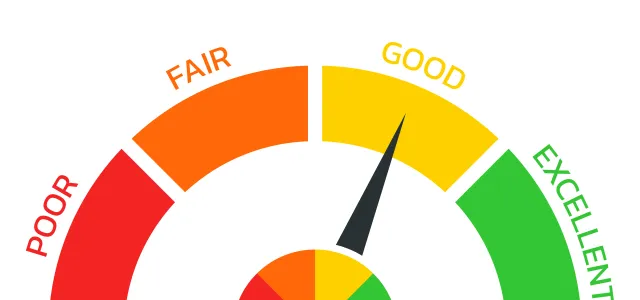In our first article (Understanding Your Credit Score - Part I), we discussed credit reporting and what activities impact your credit score. We pick up from there with more information on how to potentially improve your credit score, the importance of reviewing your credit report, and how (and why) to freeze your credit.
Financial advisors are known to wear many hats. In years like 2022, I find myself practicing psychology as much as financial and investment planning. Money is emotional, and when stocks and bonds are falling in price it invokes a lot of stress and anxiety. Decisions made under duress rarely work out well, and I try to remind clients that the investment strategy that we put into place was designed for the inevitable sell-off. While rash decisions are ill advised, doing nothing can also be a missed opportunity.
By Kimberly A. Cox, CFP®. I came to work at West Financial Services just over 24 years ago. Joining a small, financial planning and investment management firm with less than 10 employees and approximately $250 million of assets under management was a definite mid-life, career change event for me. Prior to this I had finance positions, mostly at large corporations while running a few small businesses on the side as well.
That is the question. And in order to answer the question effectively, one must assess both current and future potential tax situations.
Taxes are one of very few certainties in life, and they are top of mind this time of year. Usually, we try to delay paying taxes as long as possible. But that’s not necessarily the best move if your income tax rate is lower now than it is likely to be in the future. In this situation, funding Roth retirement accounts might be a good strategy.
What, exactly does your credit score mean? Briefly, a credit score is a number used to predict how likely you are to pay your bills, or make loan payments on time. It is a three digit number, typically between 300 and 850, with the higher score associated with better credit terms.
As we start a new year, I enjoy a reprieve from the holiday season sprint we all seem to go through from Thanksgiving to New Year’s Eve — and this year with the added pleasure of locating rapid antigen tests!
Our clients are often sprinting through a variety of year-end financial matters, as well. Many of these items can be started earlier in the year, reducing self-induced year-end stress. If you’re ready to lace up your financial running shoes again, here are a few items you can start now to complete over the remainder of the year.
Since the election in 2020, there has been a lot of time and attention spent reporting on potential tax changes that might be passed into law by Congress. However, by the end of 2021, none of the various proposed bills were able to garner enough votes in both the House and Senate.
While the opportunity for passing new laws is still something to monitor, there are a few things to take note of this year, due to the existing rules set forth in the Tax Cuts and Jobs Act of 2017:
In her book Thinking in Bets, the former professional poker player, Annie Duke says “What makes a decision great is not that it has a great outcome. A great decision is the result of a good process, and that process must include an attempt to accurately represent our own state of knowledge.” When interviewing asset managers, process is a key pillar of focus for West Financial.
Target date funds represent the ultimate, “leave it to the experts” choice for individual retirement plan investments. They are increasingly and overwhelmingly the default fund of choice for plan sponsors, due to their evolving asset allocation strategy that attempts to cater to every person’s retirement goal. If you really thought about it though, you’d see a flaw in the logic that one option (albeit an option that has multiple sub-options) can be appropriate for all types of investors. We are simple creatures and we frequently want simple answers to our complex questions.










